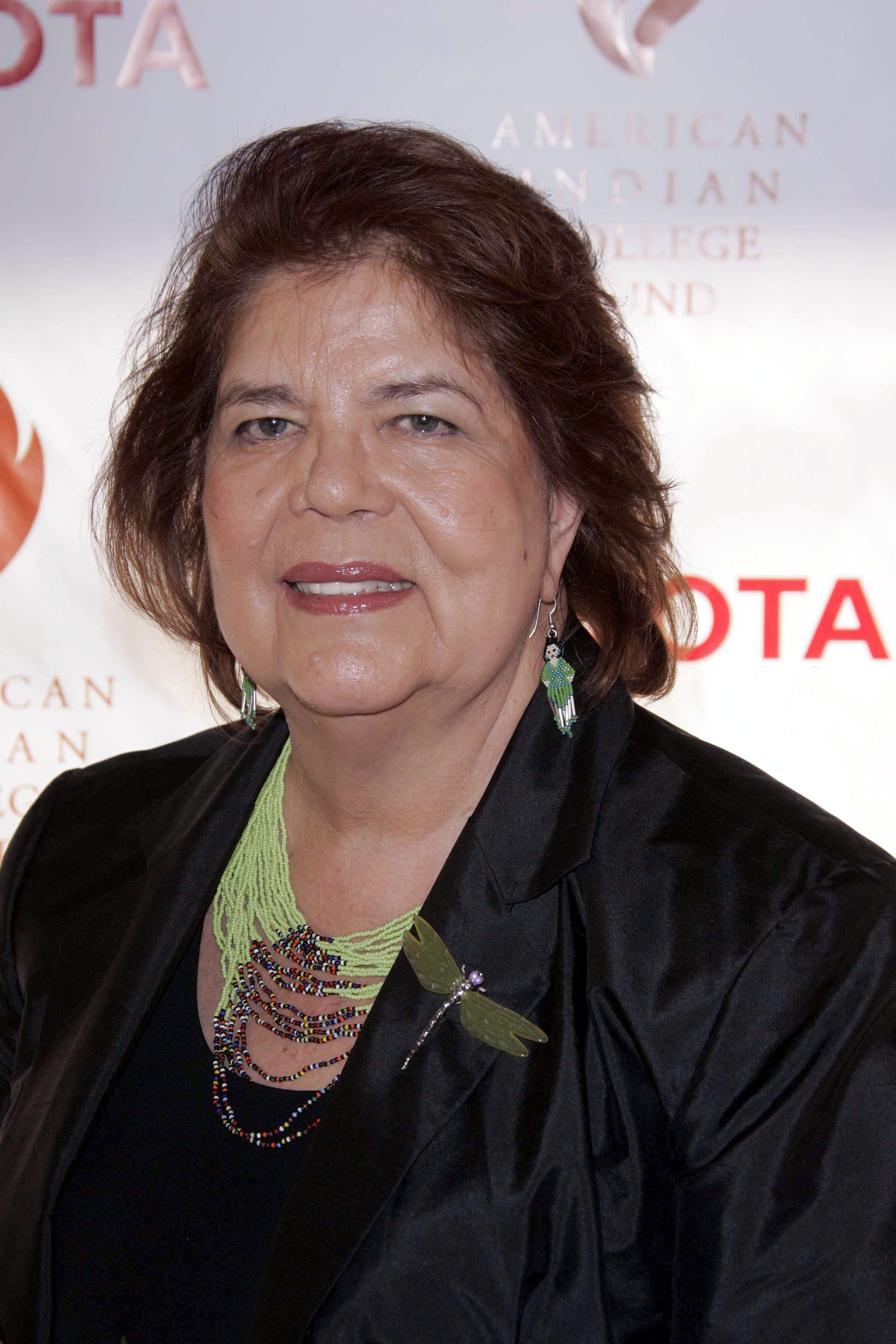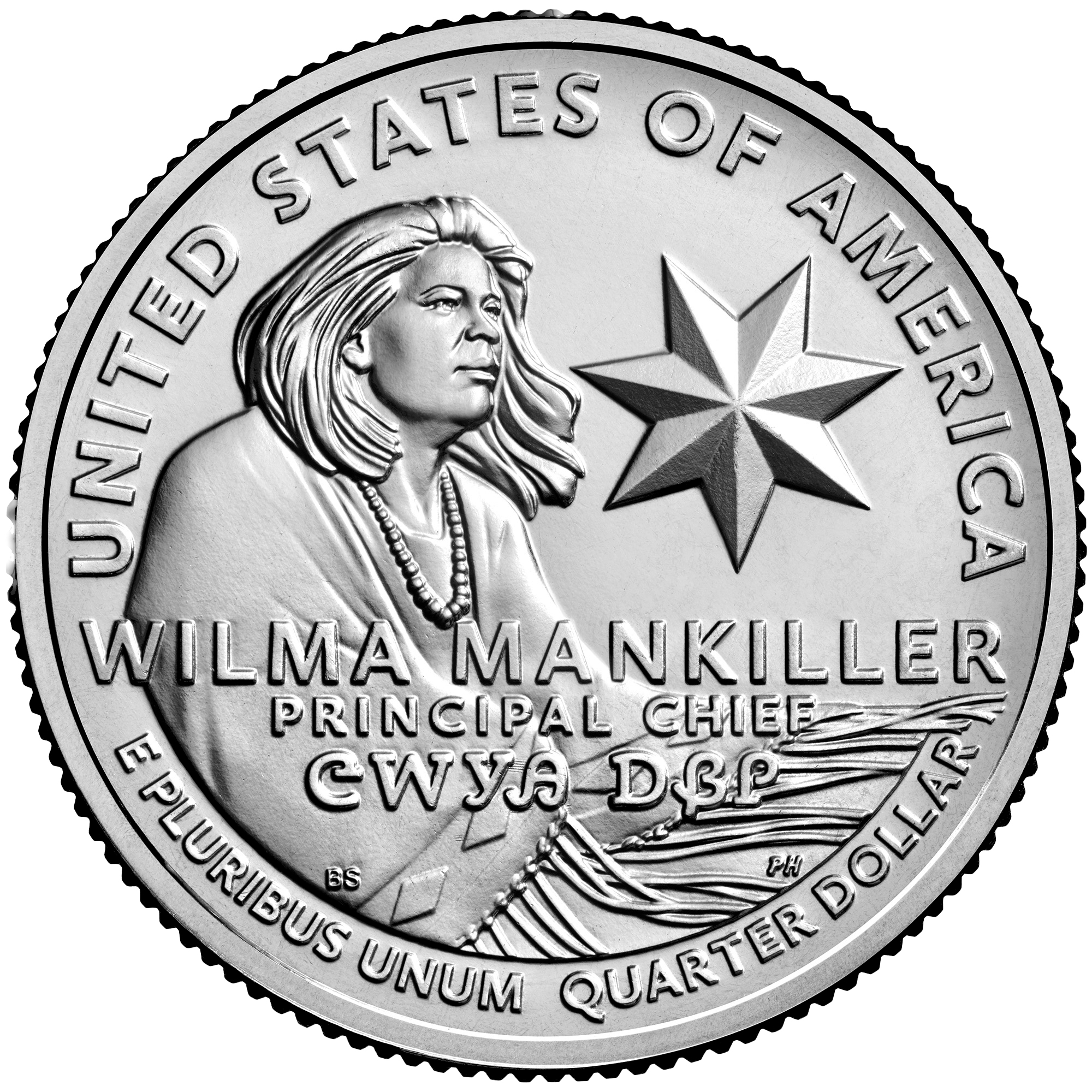Mankiller, Wilma (1945-2010), was the first woman elected as principal chief of the Cherokee Nation. The Cherokee are one of the largest Indian tribes in the United States (see Cherokee ). As chief, Mankiller restructured the tribal government to better balance the distribution of power between men and women. She also increased tribal membership and improved the tribe’s health, education, and housing programs. In addition, Mankiller took an active role in nationwide social movements to fight the oppression of women and Native Americans.

Wilma Pearl Mankiller was born on Nov. 18, 1945, in Tahlequah, Oklahoma. When she was 12, her parents moved the impoverished family to a housing project in San Francisco under a federal Indian relocation program. Wilma married Hugo Olaya in 1963 and pursued a career as a social worker. In 1969, Mankiller became involved with a civil rights organization called the American Indian Movement (AIM). That year, protesters with AIM occupied Alcatraz Island in San Francisco Bay. The group was protesting the breaking of treaties and the violation of Native American human rights by the federal government. Mankiller visited the protesters and raised money for their support. Her participation in AIM inspired her to become involved in bettering the lives of the Cherokee people.
Mankiller returned to Oklahoma with her two children in 1976, following a divorce. She worked as the community development director of the Cherokee Nation. She married Charlie Soap, a Cherokee community developer. Mankiller served as deputy chief of the Cherokee under Principal Chief Ross O. Swimmer. In 1985, Swimmer resigned to become assistant secretary of Indian affairs for the U.S. Department of the Interior. Mankiller became principal chief of the Cherokee.
Mankiller stepped down as chief in 1995 due to poor health. However, she remained an important advisor in Cherokee affairs. Mankiller was awarded the Presidential Medal of Freedom in 1998. Her books include the autobiography Mankiller: A Chief and Her People (1993) and Every Day Is a Good Day: Reflections by Contemporary Indigenous Women (2004). She died on April 6, 2010. 
